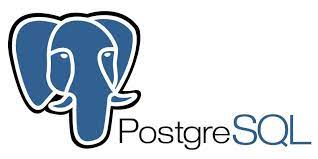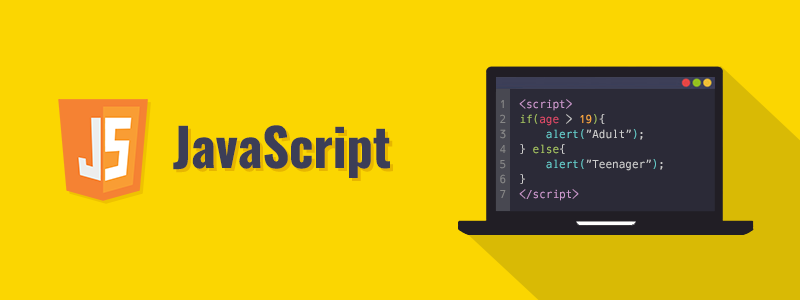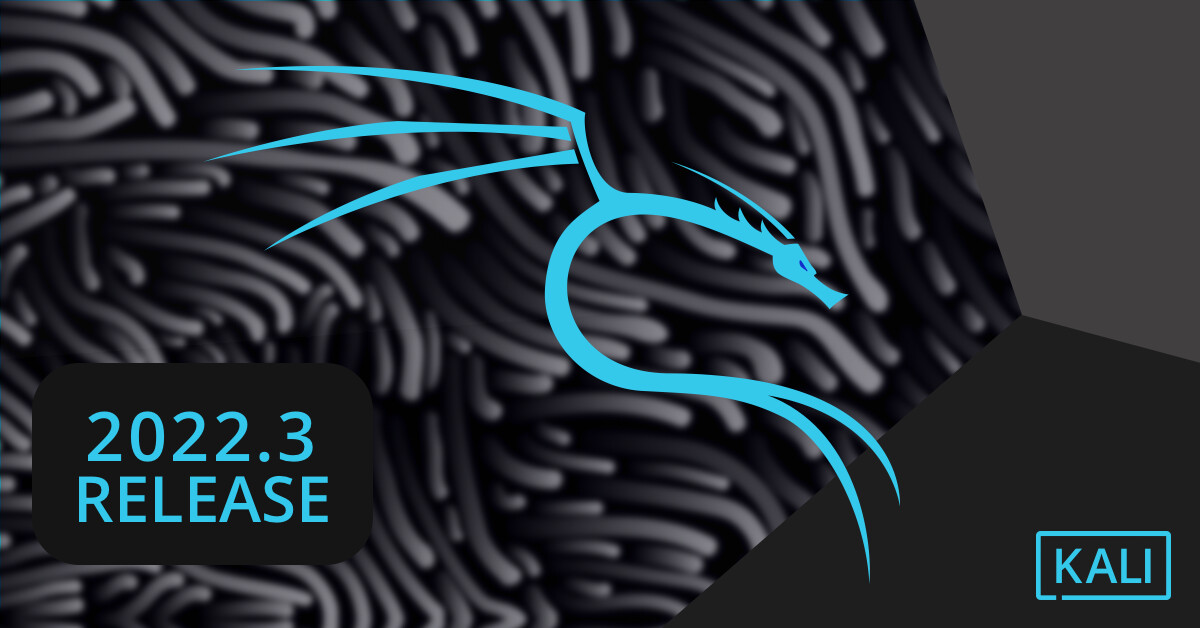

Introduction
In the ever-evolving landscape of cybersecurity, professionals and enthusiasts require tools that can keep up with the rapidly changing threat landscape. Kali Linux, a well-known penetration testing and ethical hacking distribution, has always been at the forefront of these efforts. And now, with the introduction of Kali Linux Auto-Pilot, the game has been taken to a whole new level.
Kali Linux: A Brief Overview
Before we dive into the exciting world of Kali Linux Auto-Pilot, let’s recap what Kali Linux is all about. Kali Linux, developed by Offensive Security, is a Debian-based Linux distribution designed for digital forensics, penetration testing, and security auditing. It comes equipped with a wide array of tools, making it a go-to choice for cybersecurity professionals and hobbyists alike.
The Rise of Automation in Cybersecurity
Cyber threats are growing more sophisticated and diverse every day. As a result, the time and effort required to assess and secure systems have also increased. This is where automation comes into play. Automation can help security teams save valuable time and reduce the risk of human error by executing predefined tasks and responses automatically.
Introducing Kali Linux Auto-Pilot

Kali Linux Auto-Pilot is a revolutionary feature introduced to streamline and automate penetration testing and vulnerability assessment. It empowers cybersecurity professionals to delegate repetitive and time-consuming tasks to the system, allowing them to focus on more strategic aspects of their work.
Key Features of Kali Linux Auto-Pilot
Customizable Scripts: Users can create and customize scripts for various security assessments and penetration testing tasks. This allows for a high degree of flexibility and adaptability to different scenarios.
Scheduling: Automation tasks can be scheduled to run at specific times or intervals. For example, you can schedule routine vulnerability scans during non-peak hours.
Integration: Kali Linux Auto-Pilot can seamlessly integrate with popular security tools and frameworks, such as Metasploit and Nmap. This enables even more comprehensive and efficient testing.
Logging and Reporting: Comprehensive logging and reporting capabilities are built into the Auto-Pilot feature. This ensures that the results of automated tests are well-documented and can be easily reviewed by cybersecurity professionals.
Adaptive Scanning: Auto-Pilot can adapt to changes in the environment, making real-time decisions about which tests to run based on the current system state.
Use Cases for Kali Linux Auto-Pilot
Vulnerability Scanning: Auto-Pilot can perform automated vulnerability scans on a regular basis, providing up-to-date insights into system weaknesses.
Penetration Testing: Penetration tests can be scheduled to run during specific maintenance windows or after significant system changes.
Continuous Monitoring: With its adaptive scanning capabilities, Auto-Pilot can continuously monitor and adjust to changing network conditions, ensuring persistent security.
Incident Response: Auto-Pilot can automate response actions in the event of security incidents, helping to mitigate threats in real-time.
Conclusion
Kali Linux Auto-Pilot is a game-changer in the world of cybersecurity. By automating repetitive tasks, adapting to changes in the environment, and integrating seamlessly with existing tools, it empowers professionals to stay ahead of emerging threats and vulnerabilities. With Kali Linux Auto-Pilot as your co-pilot in the digital skies, you can navigate the complex world of cybersecurity more efficiently and effectively than ever before.














